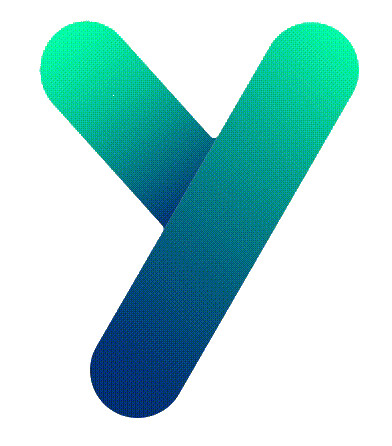Yolt... OK, I can't think of a funny title.

Saving and managing money has never really been my thing. I'm more of a spender than a hoarder, and my usual practice when faced with a challenge in any from of my life is to try and attack my way out of trouble rather than defend against it. So, when I tell you I'm writing this post to espouse about the winders of a little app on my phone that allows me to track and manage my money, you might thing that either a) I've finally lost the plot (this would imply sanity did at one time reign) or b) that the people behind Yolt (ING - as in big banking conglomerate ING) are in some way compensating me. Now given the purpose of this blog, I wouldn't be adverse to some product placement type sponsorship, but in this case, none of the above are true. In fact, I stumbled across Yolt entirely by accident, and now find it genuinely useful as a part of my financial routine. Read on for some info.
What is Yolt?
With the advent of Open Banking (a very grand name for some semblance of data access and interoperability in the financial services industry), a number of new tools and services have popped up that allow you do creative things with your financial data. Yolt is one of those, and acts as a one stop shop for tracking your various accounts, It pulls in data either via Open Banking protocols or more 'traditional' methods (essentially scraping the data from the banking sites), and presents a consolidated view of your various incomes and outgoings. Useful (saves you tracking multiple different apps or websites), but not groundbreaking. Where it starts to come into it's own though is allowing you to slice and dice the data and get a view of where your money is going.
Is it secure?
Yolt ticks all the standard Open Banking boxes, being a regualated Third Party Provider and being a venture of ING Bank, they have a large backer and adhere to the same security and privacy standards laid down by the bank, so their security measures should be pretty solid. It would be remiss of me to say anything is ever fully secure, and often the weak link in any system is the human element, so be as wary of this tool as you would any tool that you trust to access and work with your finances.
So what do I get out of it?
Now, I'm not a big saver, but being able to group your spend so that you can see how much you really ship each month to the great Starbucks shaped god in the sky is urprisingly eye opening. You quickly start to get a better understanding of where you're spending frivolously and it's a great motivator to change those habits. We noticed pretty quickly (for example) a couple of old subscriptions that we were no longer really taking advantage of and so closed down. we also noticed that we use PayPal quite a lot for some recurring payments, so decided to switch a bunch of these to credit card to both benefit from the added security of card payments and take advantage of cashback we have on the credit cards. Not earth-shattering differences,granted, but the little things make a difference too.
Tagging transactions is a great way to slice and dice your data and track what your spending on various things, and Yolt then allows you to set budgets across the various categories, and get reminders when you start to approach your budget limits so that you keep on track. We found it qute useful to monitor our food spending (we have relatively expensive taste in this area) and quickly saw some areas where we could be a little more optimal in our deployment of funds, without compromising the way we like to live.
It does a few other things too, and they're adding features on a failry regular basis (cross-account transfers and direct integration with MoneySupermarket to allow you to seek out better deals are both imminent), but overall it's the insight it gives you into the mundane day-to-day spending that's nost useful. It's surprising how quickly those little purchases add up (especially since contactless payments came along - far easier to lose track of a few pounds here and there than it was when it was physical money).
Overall a useful little tool to keep track of your spending across multiple accounts. Give it a go, you'll probably spot something unusual and might find a few dollars here and there that you can trim back on.
“Every school-age kid should be taught about compounding as soon as they can understand it”
 Spending Review
Spending Review
 More space, less junk. Discuss
More space, less junk. Discuss
 Week one recap
Week one recap
 Everybody loves a good book
Everybody loves a good book